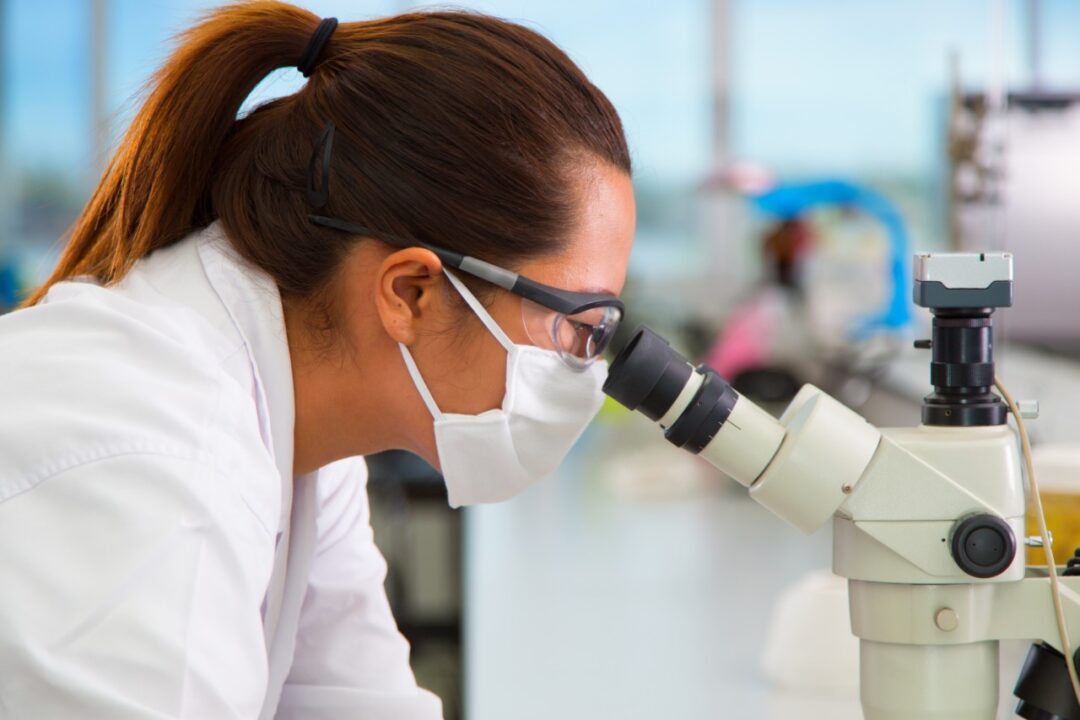Can my poop show if i am healthy? |

There is a scene in Jurassic Park where a scientist (Laura Dern) digs through a massive pile of “droppings” to diagnose a sick triceratops. She wears armpit-high plastic gloves for her stool analysis, as a bemused onlooker (Jeff Goldblum) reminds her to “wash her hands before dinner.”
- Blood in the stool. Bright red blood in your stool is most commonly caused by hemorrhoids or a small anal fissure. However, it is occasionally associated with colon cancer, so bloody stool should not be ignored. The color of the blood gives an idea of where it came from. If the blood is bright red (i.e. “fresh”) it is more likely to have come from the end of the intestinal tract (such as the colon, rectum, or anus) . If the blood is very dark, or even black or tar-like in appearance, it is more likely to have come from “higher up” such as the stomach or small intestine. When there is a lot of blood, the stool has a distinct odor, but that is hard to describe to a person without having encountered it frequently, so maybe we’ll just leave that one to the imagination.
- Foul-smelling stool. This is a non-specific finding, because scent is rather subjective, and you know the old expression about everyone’s poop being stinky. However, there are some colon infections that have a particular odor. Clostridium difficile (known as c. diff) is a soil organism that can overgrow in the colon after a person has recently been treated with antibiotics . C. Diff causes water diarrhea (many episodes per day, sometimes frothy or greenish) and has a uniquely pungent smell. A piercingly smelly bout of diarrhea should be discussed with your doctor, especially if you’ve had antibiotics recently, or a family member with a C. Diff infection. If you suspect C. diff, see your doctor right away as it can be harmful if left untreated. There are other causes of foul smelling stool (such as malabsorption syndromes or overgrowth of certain bacteria) but C. diff is the one you don’t want to miss.
- Hard stool. Constipation is very common, and can be worsened by dehydration, medications (especially opioid pain killers), a low fiber diet, lack of exercise, and intestinal disorders such as irritable bowel syndrome. If drinking more water, exercising, and eating raw veggies and bran/prunes doesn’t relieve the problem, then there are many over-the-counter solutions for constipation. Hard stool may be treated first with Colace (docusate sodium) and then with laxative solutions.
- Dark stool. Although dark stool may be caused by blood, remember that stool often reflects the color of the food you eat. Beets are notorious for causing bloody-looking stool, and iron tablets and Pepto Bismol (bismuth) turn stool dark as well.
- Bright green stool. Bile is produced by the liver and stored in the gallbladder. It is a kind of neon yellow color, and is used like soap to break down food in the top part of the small intestine. If your stool is bright green or yellow, you may just be seeing bile. Bile is more noticeable when you have diarrhea (so there isn’t as much food to soak up the yellow bile pigment to create brownish stool), or when you have a stomach bug (viral or bacterial illness) that is making your food move through your intestines very quickly. Dark green stool is usually a sign that you recently ate chlorophyll-rich dark green veggies.
- Oily or greasy stool. If you see oil floating on the toilet water (and you’re not taking Colace as a stool softener), it’s possible that you are having absorption difficulties due to an intestinal or pancreas disorder. Greasy stool that is also very smelly is associated with malabsorption such as Celiac disease.
The bottom line is that stool infections are not possible to diagnose with a casual eye. Samples need to be cultured and examined under a microscope to determine if there is a parasitic or bacterial issue. Everyone’s bowel habits are a bit different (some people normally pass stool every day and others may go 5 days at a time before they have a bowel movement), and the food we eat (and the fluids we drink) can vary our stool color and consistency quite a bit.
References
https://www.hopkinsmedicine.org/healthlibrary/conditions/digestive_disorders/>
https://www.mayoclinic.org/stool-color/expert-answers/faq-20058080
If you have any more questions just Ask Hanna, our health advisors are here to help.
Image: ©Shutterstock / nattanan726








